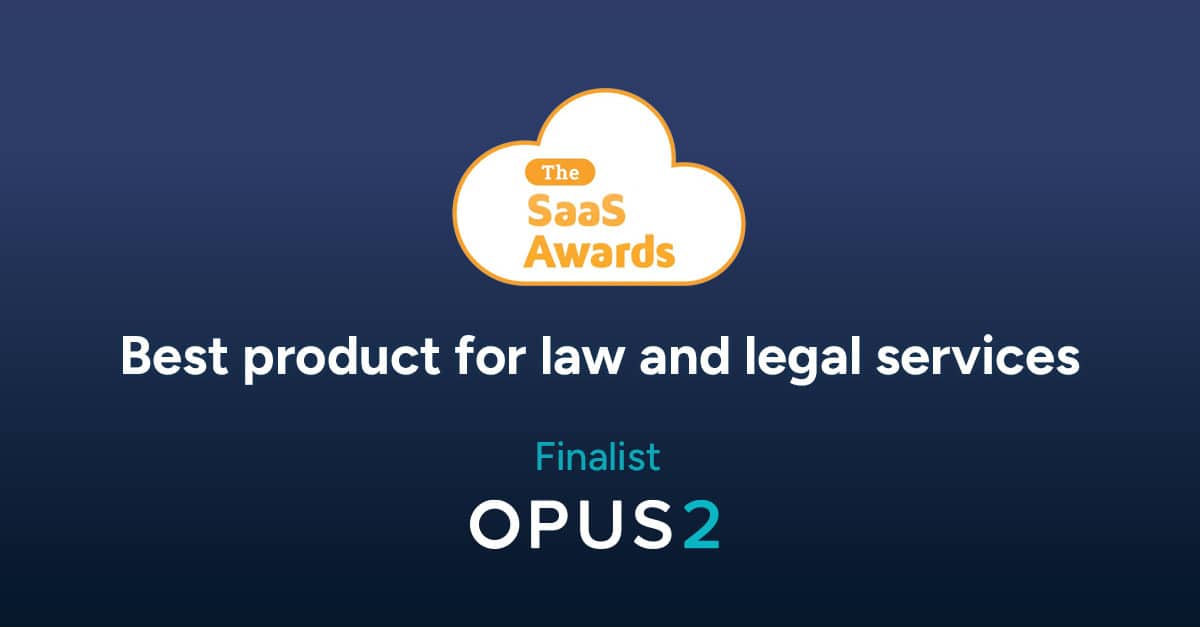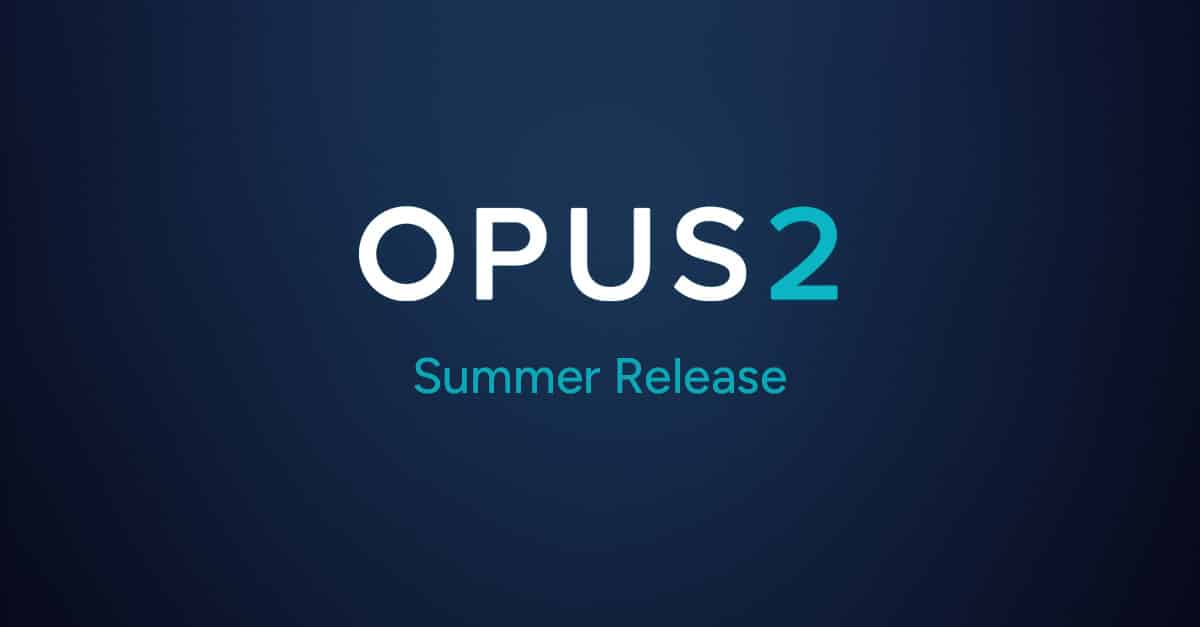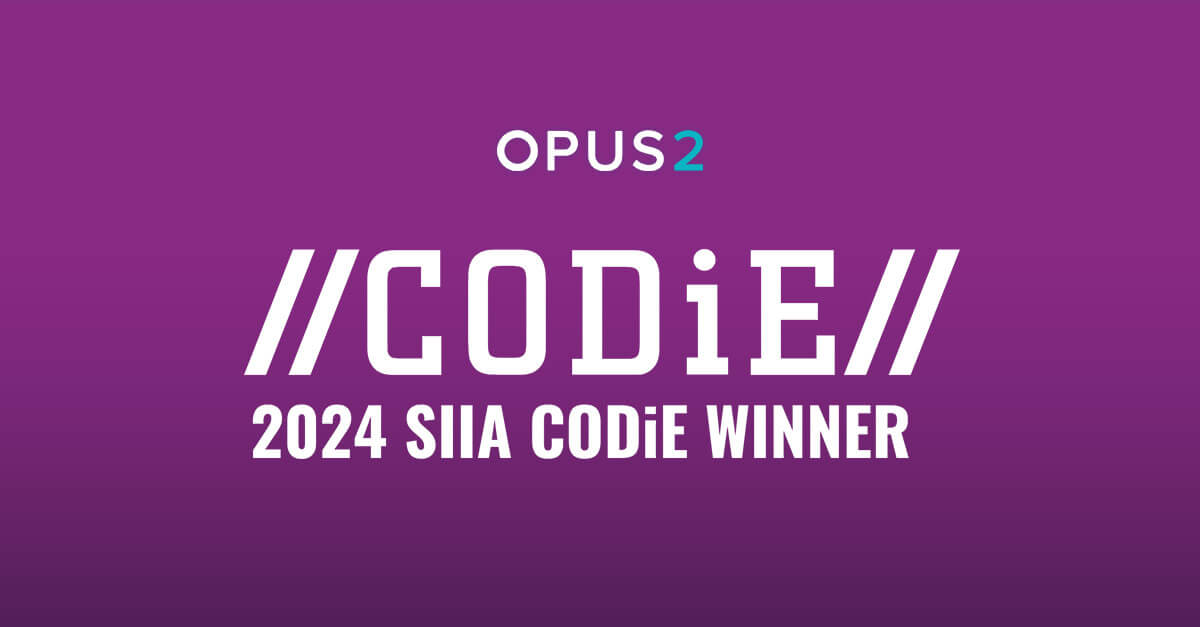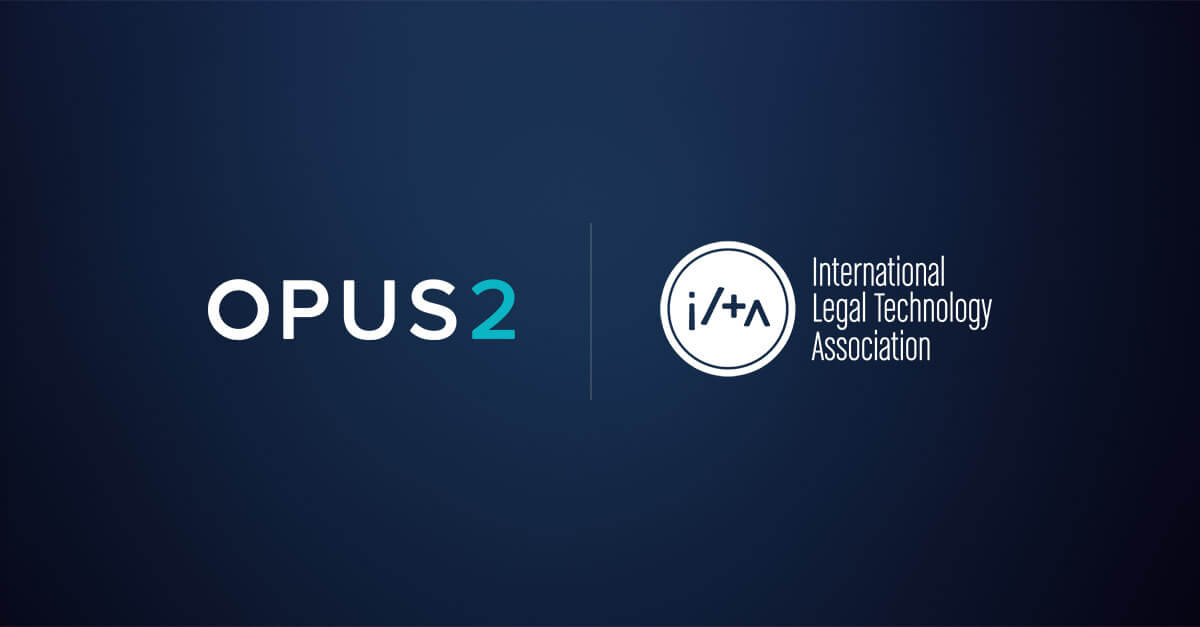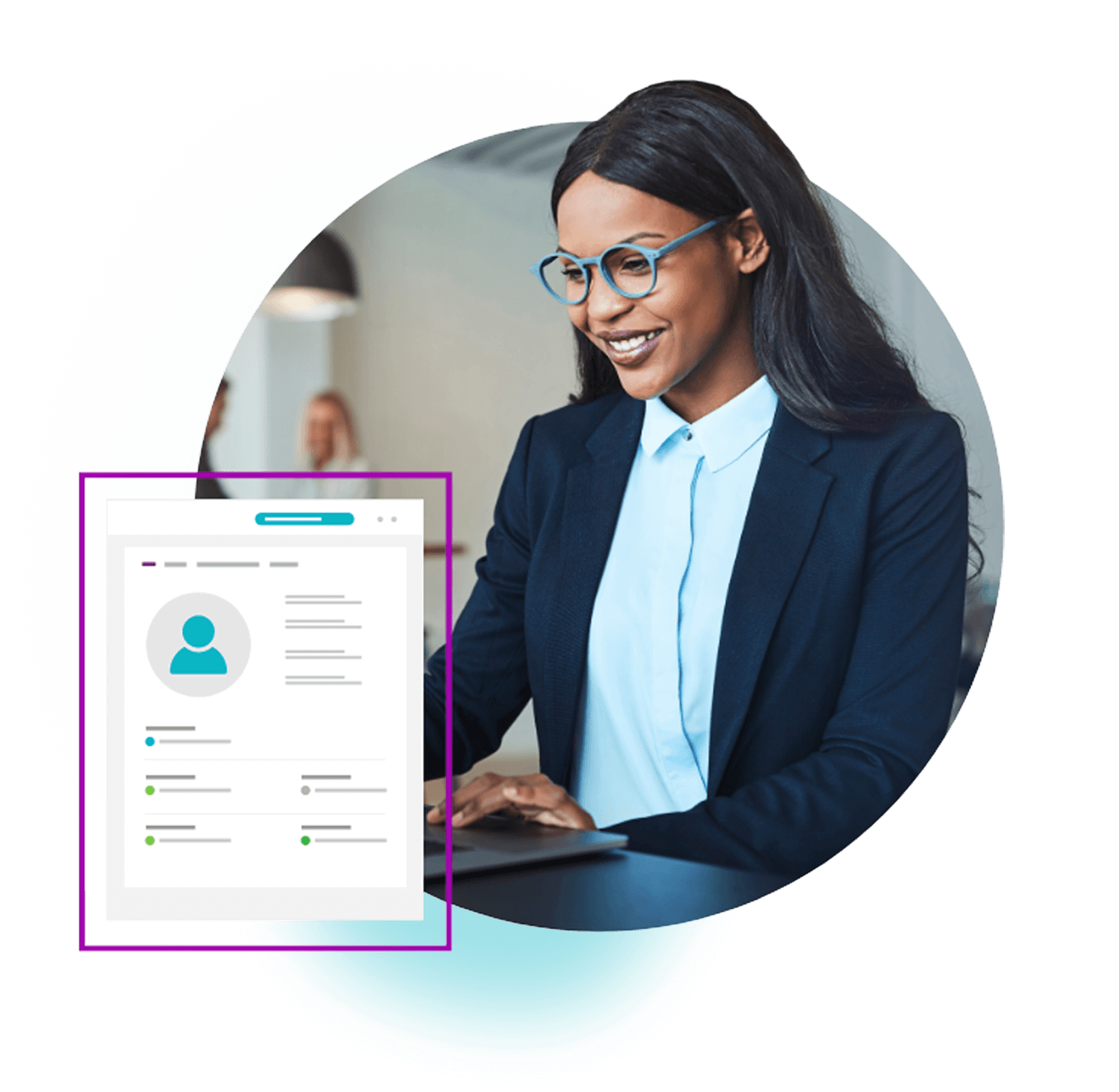As we approach the holiday season and so many litigation departments are busier than ever, it’s important to look at what can be done to modernize your litigation processes and leverage the collective lawyer intelligence of your litigation teams to reduce potentially costly errors and provide more value to your clients.
With that in mind, Opus 2 recently hosted a webinar, After AI: How to innovate lawyer intelligence, with Kim Bookout and Don Fuchs that explored the intersection between artificial intelligence (AI) and lawyer intelligence (LI), including:
- Benefits and limitations of AI vs LI
- Consequences of not investing in LI
- How to support LI
In short, if your firm isn’t using fit-for-purpose litigation technology to streamline your litigation processes and facilitate effective collaboration with your case team, you’re at risk of losing clients.
Watch the webinar here, or read on for an overview of the session:
There are so many great insights from Kim and Don in the webinar, but I thought I’d highlight a few key takeaways:
AI isn’t going to replace lawyers
There are too many humanistic elements that go into preparing litigation for trial and telling a compelling story to judge and jury. AI is great for helping litigation teams sift through massive amounts of data to find responsive information in less time, but it can’t understand the strengths of the client’s case at each stage of litigation.
Litigation teams should employ legal case management software that can help lawyers become more efficient and focus on the important information in a case because the real value for the client comes from the lawyer’s legal acumen and expertise.
Connecting the dots between all the players and evidence in your case is critical
Allowing collaboration both inside and outside the firm and aggregating attorney notes in one place means critical insights can be developed earlier in a case while also reducing the risk of misplacing those discoveries.
Modern technology solutions, like those offered by Opus 2, enable legal teams to collaborate efficiently and quickly build associations between relevant people, facts, events, and documents. Collaborative, legal case management workflows like this help lawyers understand how their case stacks up against the opponent throughout each phase of the litigation, so lawyers can achieve the best possible outcomes for the client.
Remove the information silos and manual processes
Many litigation teams use multiple tools and systems for different parts of the litigation process (for example, key documents are reviewed in Relativity, important pleadings are accessible from a document management system, transcripts are stored on a local hard drive).
These disconnected systems lead to manual workflows, which often result in knowledge inequities, expensive duplication of effort, mad scrambles to prepare for hearings—or worse, failing to make a connection and losing your case, and your client’s trust. Employing a platform that consolidates case preparation activities and documents in a single, connected solution lets litigation teams use repeatable best practices and strategically construct the best story for their client’s case.


